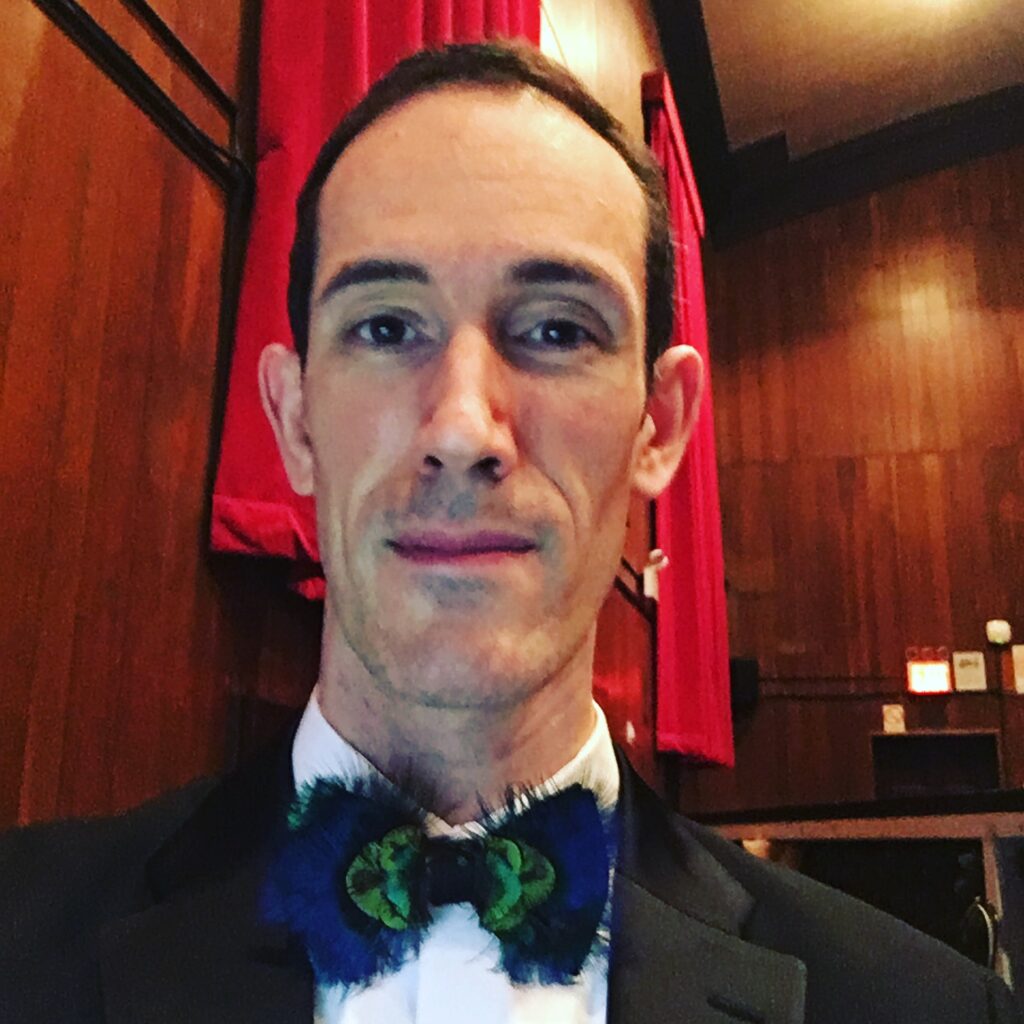
(First posted on ContemporaryMusicalTheatre.com)
I have been very fortunate to be a voice teacher and coach to many young people over the last 20 years. Given that my main focus is on musical theatre, it may not surprise you that a majority of my students and clients are young women.
I feel compelled to share some things I have noticed in the last couple years of working with these talented, vibrant young singers: high school, college, and early-career females who, collectively, give me faith that our art form has a reason to continue.
It is not unusual for any young singer to have a timidity around releasing their voice. As we’ve discussed many times through this blog, singing is an incredibly vulnerable act. I have found, though, that young women are particularly prone to self-judgment where their voice is concerned.
“You can tell me I suck. I know I do.”
I wish I could say this was an uncommon request. It’s not. The harshness with which I witness some young females judge themselves is deeply troubling. One student suggested that I be mean to her. She told me that she was used to being torn down and crying in her lessons. In fact, she seemed quite certain this was a necessary part of her process as a singer. Needless to say, I did not acquiesce.
I do not wish to generalize. I am not speaking of every young female I have ever worked with. But the percentage of young women I see with a noticeable lack of self-assurance is far too high. I would ask what our society is teaching young girls about themselves and their bodies that causes such (lets call it what it is) violence, but I know the answer to this. Misogyny is alive and well. Whether it be a tossed-off comment or an action far more odious, our world is still telling young women their lives are not valuable. Or, at the very least, they are being taught they are not as important as the those who indoctrinate them into this damaging narrative.
As a teacher, it is my job to create safe space for all students. I fully recognize how carefully I must tread with my female clients as a white man (yes, even as a gay white man). Given that the relationship between teacher and singer is already fraught with complex power dynamics, it is essential for me to even the playing field, model vulnerability, and uplift my young female students while teaching them to sing.
When a young female student speaks poorly about themselves, I have learned to say, “I don’t receive that narrative. That’s not who I see in front of me.” Often times, my statement is met with a moment of cognitive dissonance. I keep reminding the student with the shorthand “I don’t receive that,” and slowly the student recognizes their own negative patterns of thought and behavior. I ask them to consider who placed that limitation in their head. Did they do that, or did someone else? I explain that I should not be the recipient of that answer – that’s for a journal or close friend. But those questions need to be considered for vocal freedom to truly take root.
I am not a therapist. I do not pretend to be one in lessons. I am a teacher. And the best thing about being a teacher is that we are also simultaneously the student. My students teach me how to be a better teacher: how to listen and create an environment for them to thrive. This is true of all my students and clients, but it is especially true of my young female artists. Even when some of them are fighting to overcome a negative narrative, there is still a spark of hope that speaks to me so deeply to me as a singer, who once was told I was not of value. It is my goal to create this positive feedback loop because, when we do, the things I have seen young women accomplish with their instrument is breathtaking.
In his song “Daughters,” John Mayer suggests that… “Boys, you can break.” I don’t subscribe to that point of view. Young male singers, subliminally taught they should be strong at any cost, often have a difficult time tearing down the barriers that keep them from released, expressive singing. Worse than this, though, are the young females, whose disdain for their own instrument – their body – keeps them from being the harbingers of hope we need them to be.
On good days, I am hopeful that we can universally celebrate the power of women and help young females drop the scales that have been put on their bodies and in their minds. Until that day, however, it is our job as teachers to address the negative narratives young females have embraced and encourage them to liberate others through their singing.